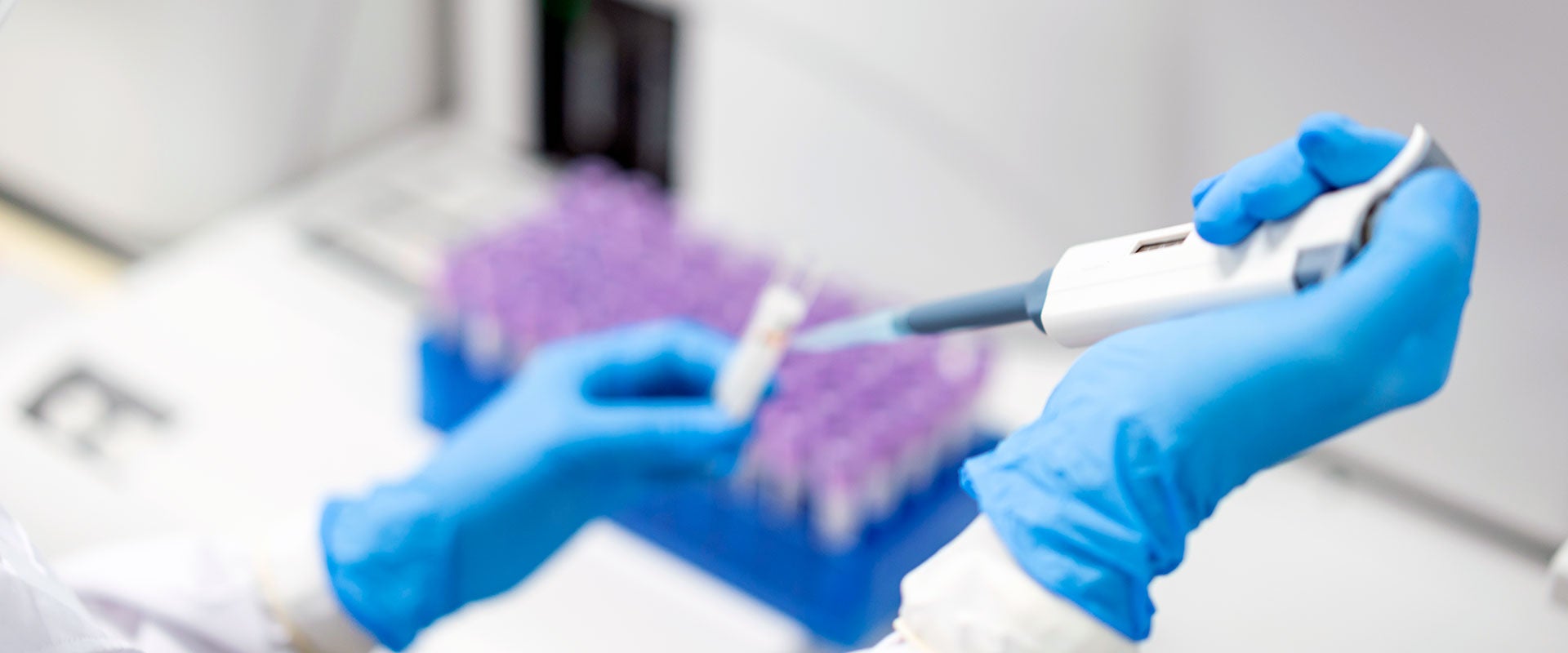
A New Generation of Drug Therapies Requires New Business Strategies
- Article

The life sciences industry is undergoing a fundamental evolution in the way drugs are discovered, developed and manufactured, shifting from traditional drug research and development to advanced therapeutic modalities (ATMs) — engineered cell therapies that reprogram cells to fight disease, gene therapies that edit or replace dysfunctional genes, and nucleic acid therapies that promote or shut down protein production (the Moderna and Pfizer/BioNTech mRNA COVID-19 vaccines are a case in point).
The therapeutic impact of ATMs may read like science fiction. But as L.E.K. Consulting’s Life Sciences Partners Alex Vadas, Jeff Holder and Adam Siebert write in Harvard Business Review, the business impact is no less massive. ATMs introduce significant changes for industry leaders and stakeholders because of the very different pathway from research to realization. Traditional drugs are “discovered” — a yearslong process of synthesis, optimization and testing.
But ATMs are not discovered; they are designed. They can be specific to an individual patient. They are not simple chemical compounds; often they are large, complex biomolecules or even whole cells that require multistep, multisource manufacturing processes. And because of this complexity and the degree of personalization, it is often impossible to scale up manufacturing. ATMs often must be “scaled out” — manufactured in multiple small batches that require nontraditional supply-chain logistics and manufacturing economics.
All of this means that industry stakeholders need to prepare for a shift in development costs and risks — away from discovery and toward downstream manufacturing. Timelines will accelerate and costs will rise. Biopharma will need to shift their focus to ATM manufacturing and the supply chain.
To learn more, read the article at hbr.org.
L.E.K. Consulting is a registered trademark of L.E.K. Consulting LLC. All other products and brands mentioned in this document are properties of their respective owners. © 2024 L.E.K. Consulting LLC